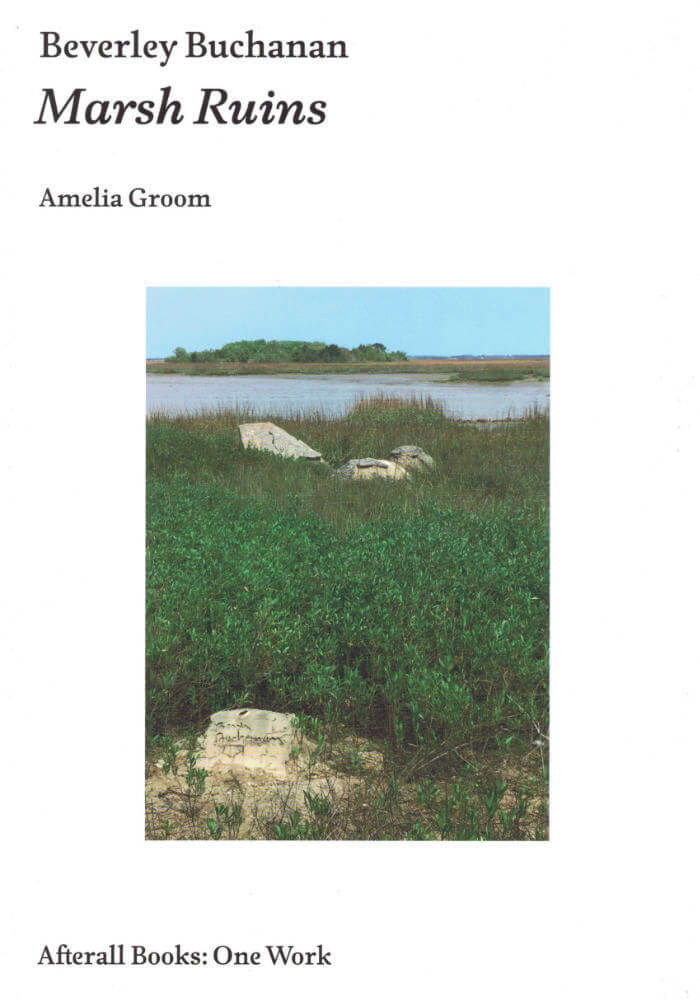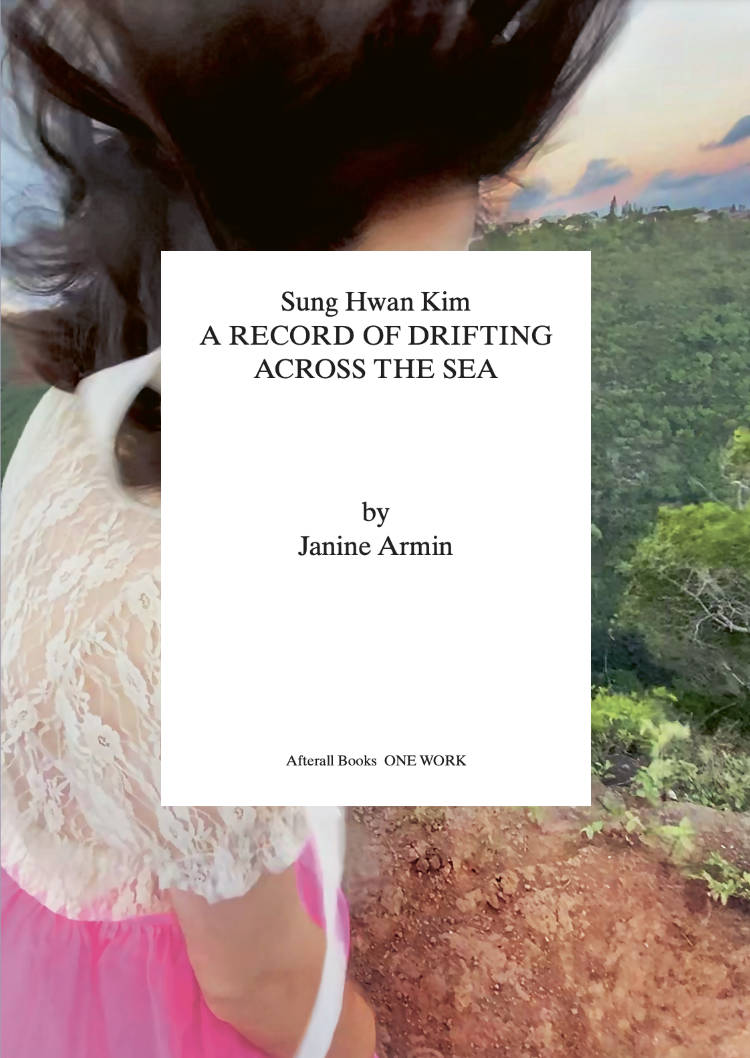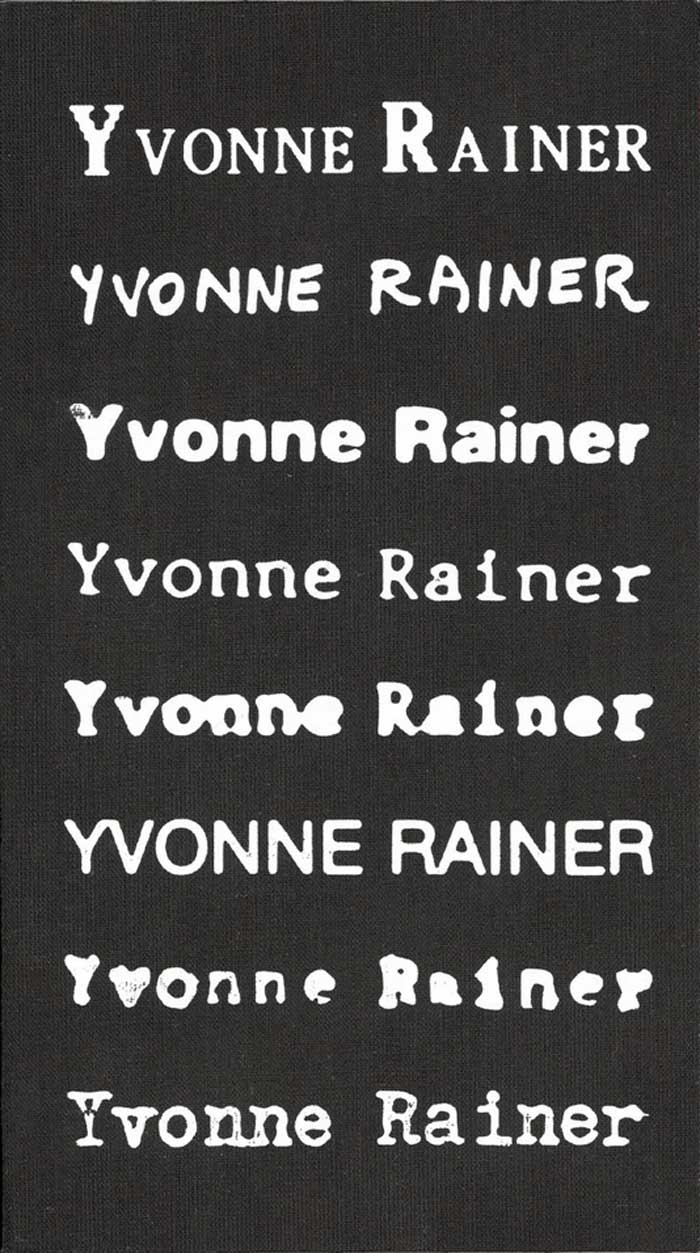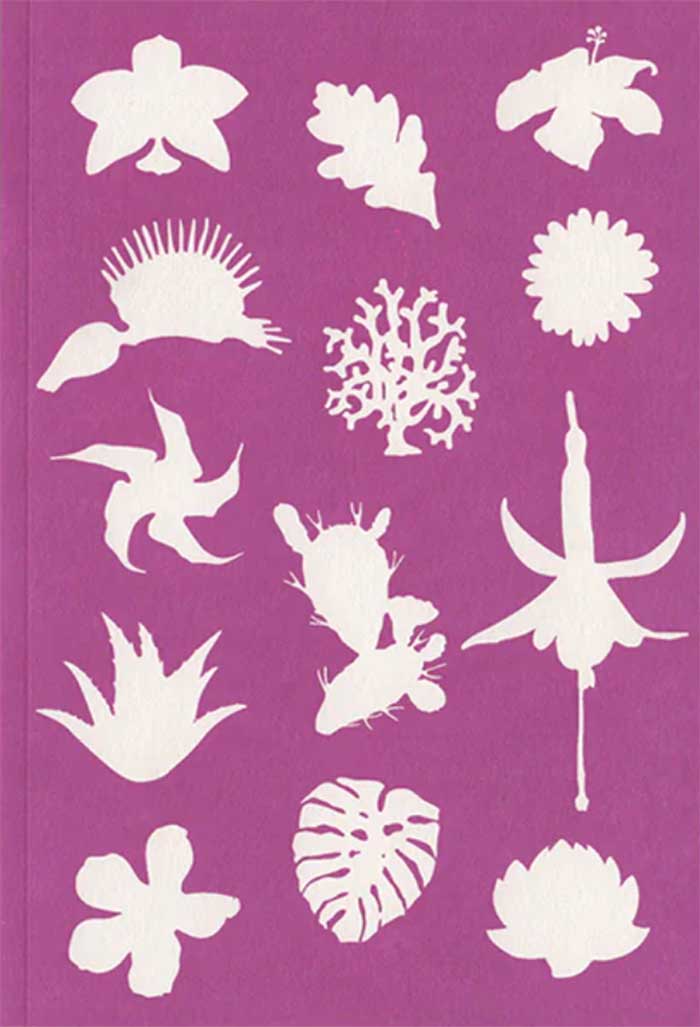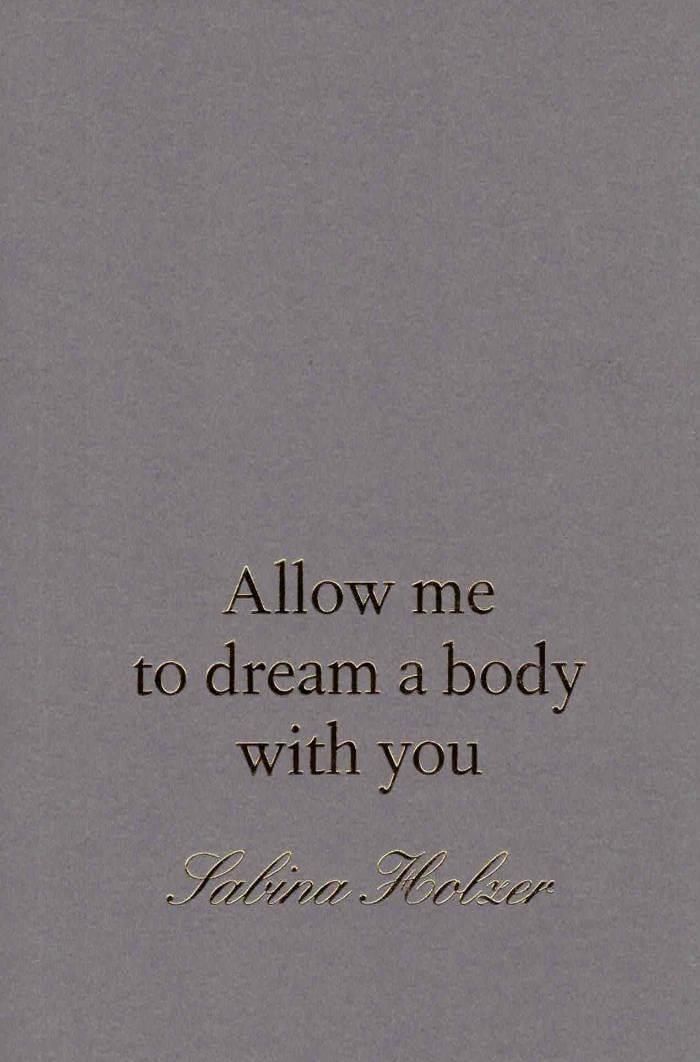One of artist Jenna Sutela's regular collaborators, Physarum polycephalum, is often referred to as a natural computer. This yellow, ‘many-headed’ slime mold is an ancient, decentralized, autonomous organism that processes data without a nervous system, operating via communities of coordinated nuclei that demonstrate advanced spatial intelligence. If the slime mold cannot find the resources it needs, it hibernates until better conditions arise; theoretically, it is immortal. Over the years, Sutela has, for example, ingested the slime mold in her performances as a form of artificial intelligence, letting its hive-like behavior program her own.
Sutela's work for Samara reactivates this line of work, delivering co-existence with the slime mold to people's homes in the form of a dried sample of Physarum polycephalum as well as related performative instructions. Inside the box, the audience receives everything necessary to grow slime mold at home, and witness the behaviour of this fascinating organism. With the set of performative instructions, Jenna Sutela proposes the ways of co-existing and engaging with Physarum polycephalum.
Jenna Sutela works with words, sounds, and other living media, such as Bacillus subtilis nattō bacteria and the “many-headed” slime mold Physarum polycephalum. Her audiovisual pieces, sculptures, and performances seek to identify and react to precarious social and material moments, often in relation to technology. Sutela's work has been presented at museums and art contexts internationally, including Guggenheim Bilbao, Moderna Museet, and Serpentine Galleries. She is a Visiting Artist at The MIT Center for Art, Science & Technology (CAST) in 2019-21.
Protoplasmic Flow contains everything required to activate the slime mold in a location of your choosing.
Duration: take all the time that you need
Language: Instructions are in English and Italian.
